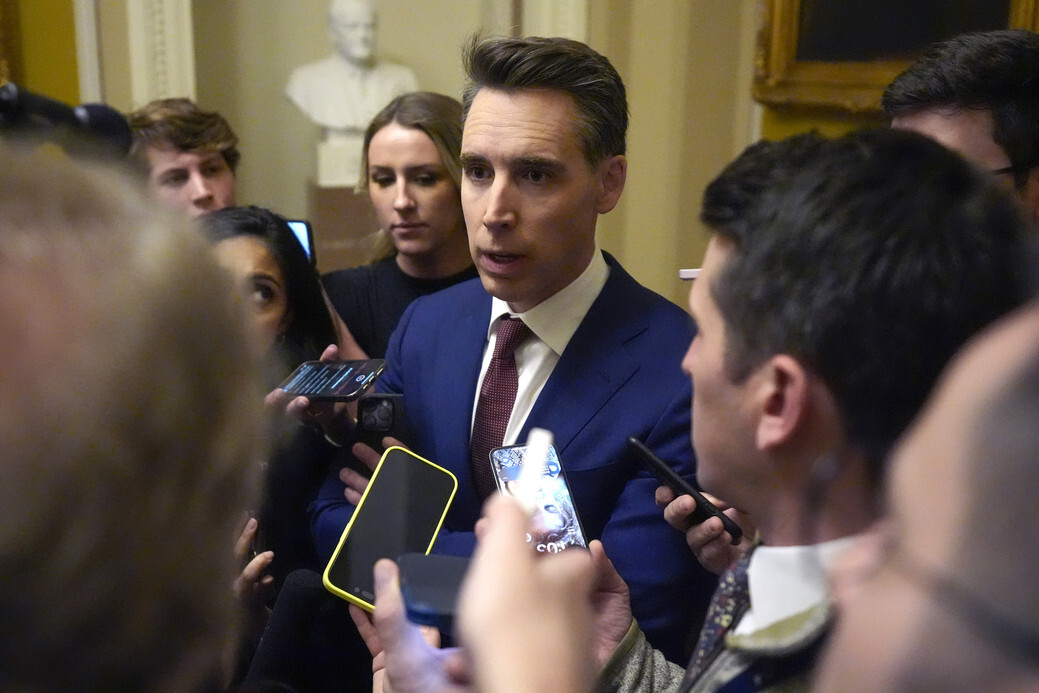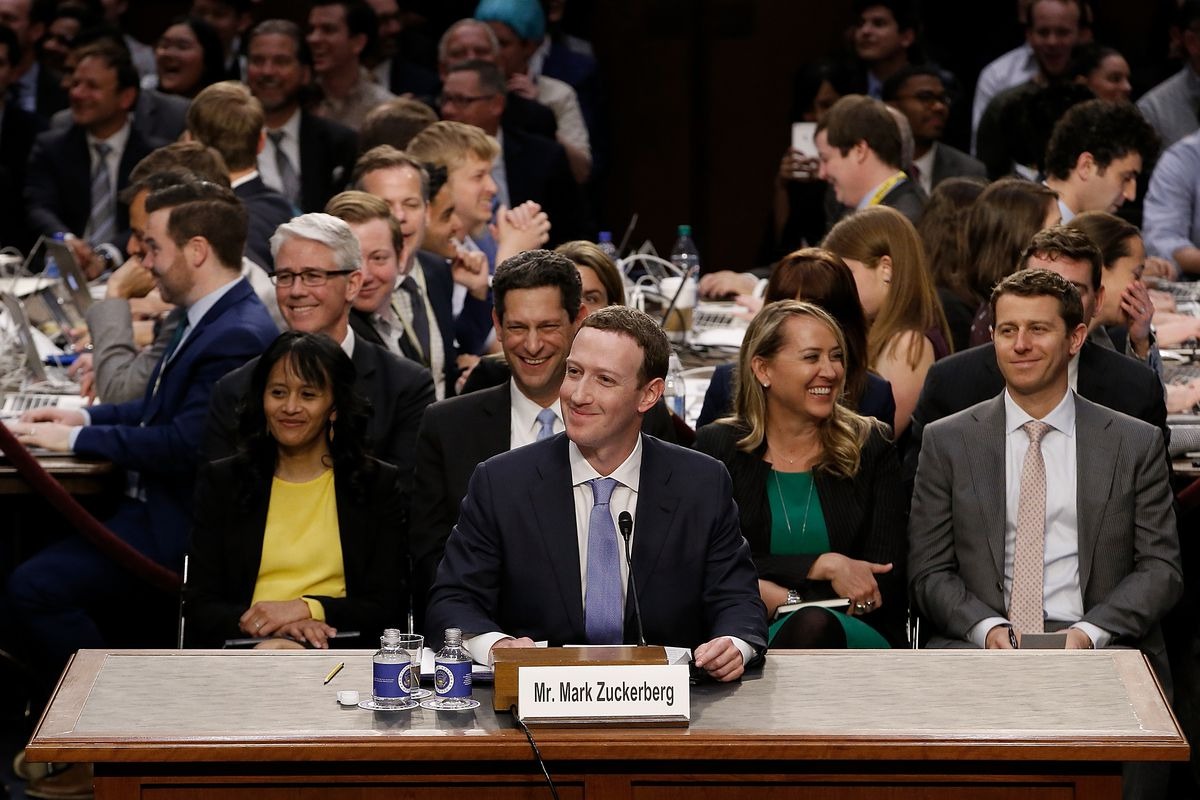New Jersey’s upcoming Senate race presents voters with a unique choice, juxtaposing a congressman, a first lady, and the potential candidacy of a sitting senator facing corruption charges.
However, beyond the individual candidates, experts suggest that the Democratic primary on June 4 could serve as a litmus test for the enduring influence of traditional machine politics in an era marked by increasing populism.
Representative Andy Kim and New Jersey’s first lady, Tammy Murphy, are both vying for the Senate seat currently held by Senator Bob Menendez, who has vehemently denied allegations of corruption but has yet to confirm whether he will seek reelection.

New Jersey Senate Race (Credits: ABC News)
Given New Jersey’s Democratic-leaning electorate, the eventual Democratic nominee is expected to have a significant advantage in the general election.
In the primary race, Kim is championing a grassroots campaign approach, while Murphy, a former Republican with substantial personal wealth, is leveraging her connections to influential figures within the state’s political establishment.
These power brokers, often associated with traditional machine politics, hold significant sway in local races and play a pivotal role in determining the ballot order, including securing coveted spots on the ballot line for endorsed candidates.
The intricacies of New Jersey’s election system, particularly the allocation of ballot placement, underscore the influence of county party chairs and the machinery of political organizations.
Candidates endorsed by these party elites often secure advantageous positions on the ballot line, while others are relegated to less prominent sections, colloquially termed “ballot Siberia.”

New Jersey Senate Race (Credits: Vox)
The process of determining ballot placement varies across counties, with some utilizing voting conventions and others relying solely on endorsements from county party chairs. Critics argue that this system is susceptible to favoritism and lacks transparency.
The current dynamic in the Senate race reflects a broader tension between entrenched political machines and the growing demand for grassroots participation and autonomy among primary voters.
The outcome of the primary will shed light on the enduring power of political organizations and their ability to influence electoral outcomes, as well as the willingness of voters to assert their independence from traditional party structures.
As Micah Rasmussen, a former press secretary for ex-Governor Jim McGreevey, aptly notes, the primary will serve as a crucial test of whether primary voters are willing to assert their autonomy and defy the influence of political machines.






















